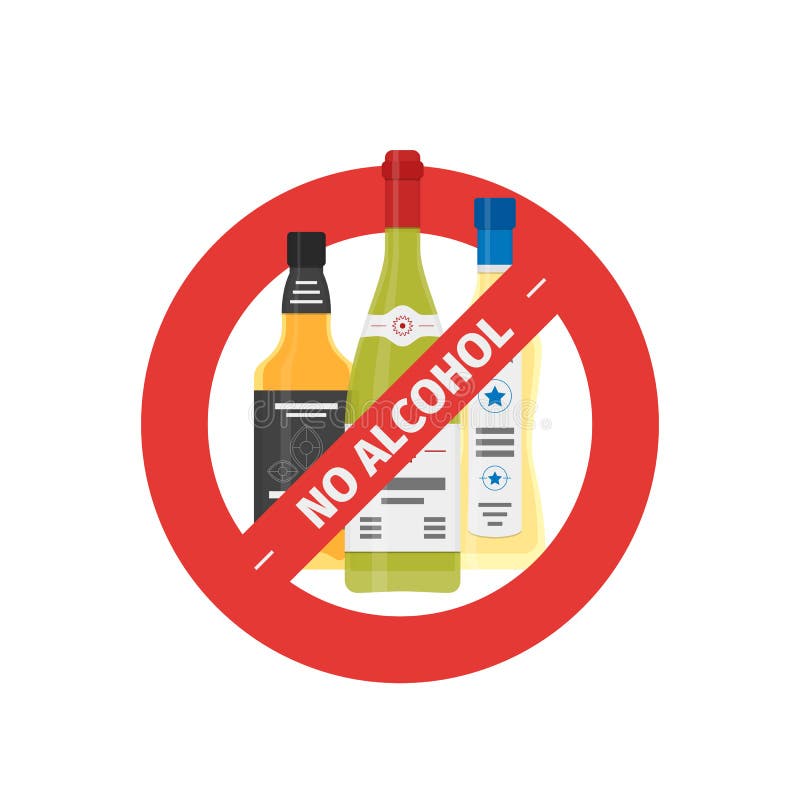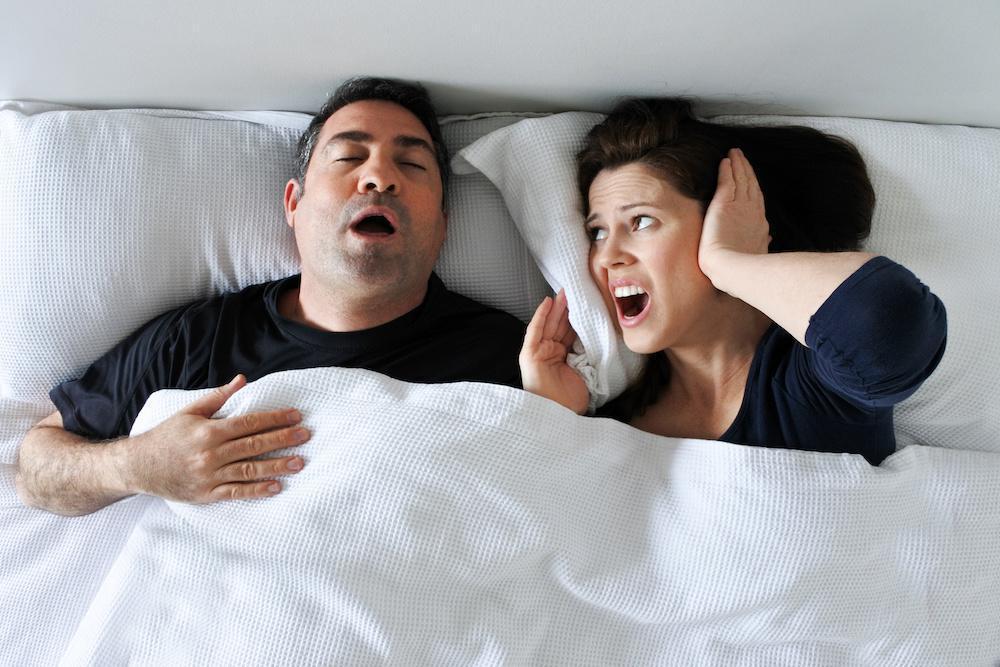Ajude a colocar o ronco para descansar com estas 7 dicas de parar de roncar.
You may be among the 45% of adults who snore at least occasionally or you likely know someone who does. They may be the brunt of jokes (“Uncle Joe snores so loudly he rattles the windows!”), but snoring is serious business.

For one, a snoring person often keeps their partner from a good night’s sleep, which can be stressful. “Snoring can create real problems in a marriage,” says Daniel P. Slaughter, MD, an otolaryngologist and snoring expert at Capital Otolaryngology in Austin, Texas.
Não só o ronco é um incômodo, mas 75% das pessoas que roncam têm apneia obstrutiva do sono (quando a respiração é interrompida durante o sono por curtos períodos), o que aumenta o risco de desenvolver doenças cardíacas, diz Slaughter.

Use caution before you self-treat with over-the-counter sprays and pills until you’ve checked with your doctor, says Sudhansu Chokroverty, MD, FRCP, FACP, program director for Clinical Neurophysiology and Sleep Medicine at JFK Medical Center in Edison, N.J. “Many stop-snoring aids are marketed without scientific studies to support their claims,” says Chokroverty, who is also a neuroscience professor at Seton Hall University’s School of Health and Medical Sciences.
Em vez disso, tente essas soluções naturais e mudanças de estilo de vida, que podem ajudá-lo a parar de roncar.
1. Mude sua posição de sono.
Deitar-se de costas faz com que a base da língua e do palato mole colapse para a parede traseira da garganta, causando um som vibrante durante o sono. Dormir de lado pode ajudar a evitar isso.
“A body pillow (a full-length pillow that supports your entire body) provides an easy fix,” Slaughter says. “It enables you to maintain sleeping on your side and can make a dramatic difference.”
Taping tennis balls to the back of your pajamas can also stop you from sleeping on your back, Chokroverty says. “Or you can recline the bed with the head up and extended, which opens up nasal airway passages and may help prevent snoring. This may cause neck pain, however.”
If snoring continues regardless of the sleep position, obstructive sleep apnea may be a cause. “See a doctor in this case,” Chokroverty says.
2. Perder peso.

Weight loss helps some people but not everyone. “Thin people snore, too,” Slaughter says.
If you’ve gained weight and started snoring and did not snore before you gained weight, weight loss may help. “If you gain weight around your neck, it squeezes the internal diameter of the throat, making it more likely to collapse during sleep, triggering snoring,” Slaughter says.
3. Evite o álcool.

Alcohol and sedatives reduce the resting tone of the muscles in the back of your throat, making it more likely you’ll snore. “Drinking alcohol four to five hours before sleeping makes snoring worse,” Chokroverty says. “People who don’t normally snore will snore after drinking alcohol.”
4. Pratique uma boa higiene do sono.
Bad sleep habits (also known as poor sleep “hygiene”) can have an effect similar to that of drinking alcohol, Slaughter says. Working long hours without enough sleep, for example, means when you finally hit the sack you’re overtired. “You sleep hard and deep, and the muscles become floppier, which creates snoring,” Slaughter says.
5. Abra as passagens nasais.
If snoring starts in your nose, keeping nasal passages open may help. It allows air to move through slower, Slaughter says. “Imagine a narrow garden hose with water running through. The narrower the hose, the faster the water rushes through.”
Suas passagens nasais funcionam de forma semelhante. Se o nariz estiver entupido ou estreitado devido a um frio ou outro bloqueio, o ar em movimento rápido é mais provável que produza ronco.
A hot shower before you go to bed can help open nasal passages, Slaughter says. Keep a bottle of saltwater rinse in the shower. “Rinse your nose out with it while you’re showering to help open up passages,” Slaughter says.
Você também pode usar um pote neti para enxaguar suas passagens nasais com uma solução de água salgada.
As tiras nasais também podem funcionar para levantar as passagens nasais e abri-las – se o problema existir no nariz e não no palato mole.
6. Troque seus travesseiros.
Alérgenos em seu quarto e em seu travesseiro podem contribuir para o ronco. Quando foi a última vez que você tirou o pó do ventilador de teto suspenso? Substituir seus travesseiros?
Os ácaros se acumulam nos travesseiros e podem causar reações alérgicas que podem levar ao ronco. Permitir que os animais de estimação durmam na cama faz com que você respire pelos de animais, outro irritante comum.
“If you feel fine during the day but obstructed at night, these things may be contributing to your snoring,” Slaughter says.
Coloque seus travesseiros no ciclo de penugem do ar uma vez a cada duas semanas e substitua-os a cada seis meses para manter os ácaros e alérgenos no mínimo. E mantenha os animais de estimação fora do quarto.
Beware before spending money on special pillows designed to prevent snoring, Chokroverty says. “They may work if it props up your head, which fixes nasal issues, but can cause neck pain.”
7. Mantenha-se bem hidratado.

Drink plenty of fluids. “Secretions in your nose and soft palate become stickier when you’re dehydrated,” Slaughter says. “This can create more snoring.” According to the Institute of Medicine, healthy women should have about 11 cups of total water (from all drinks and food) a day; men need about 16 cups.
Overall, get enough sleep, sleep on your side, avoid alcohol before bedtime and take a hot shower if nasal passages are clogged, Slaughter says. “These simple practices can make a huge difference in reducing snoring.”


